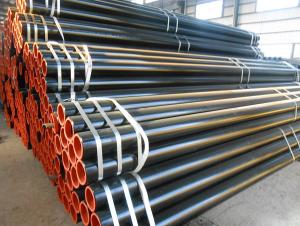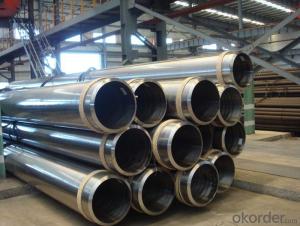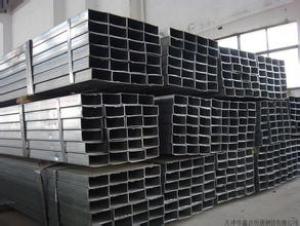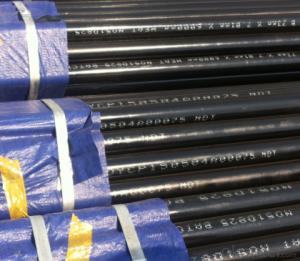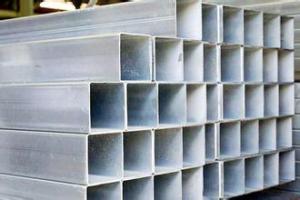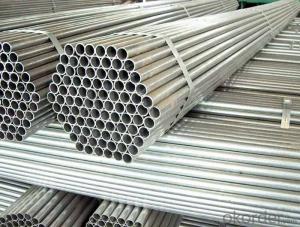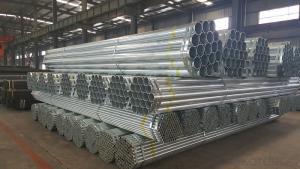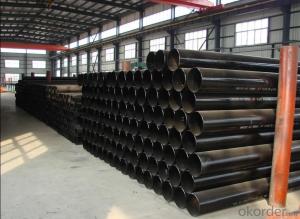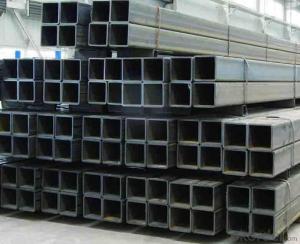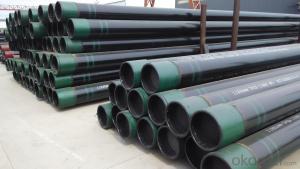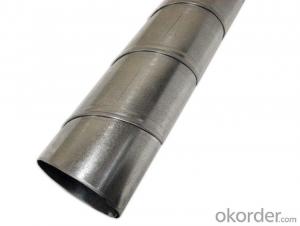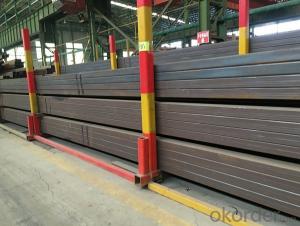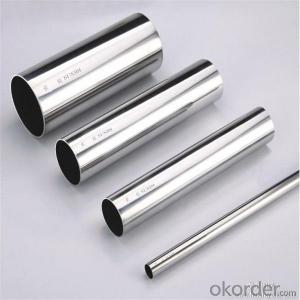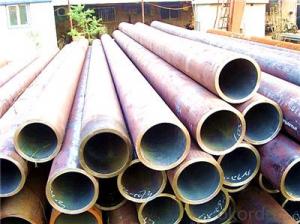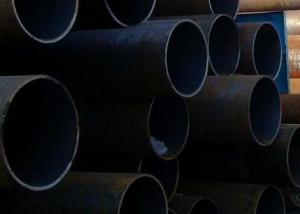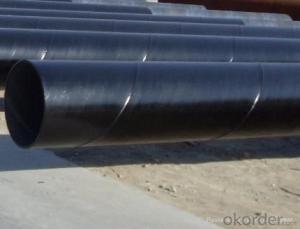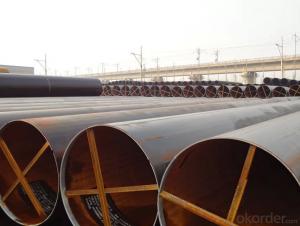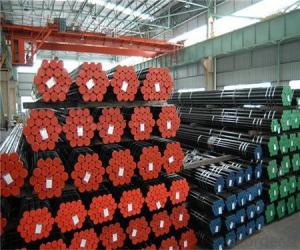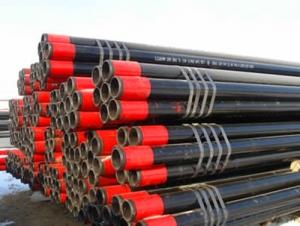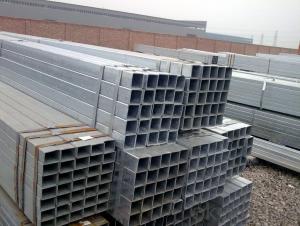All Categories
- - Steel Wire Rod
- - Steel Coils
- - Steel Profiles
- - Steel Pipes
- - Stainless Steel
- - Tinplate
- - Special Steel
- - Steel Sheets
- - Steel Rebars
- - Steel Strips
- - Hot Rolled Steel
- - Cold Rolled Steel
- - Pre-painted Steel
- - Seamless Steel Pipe
- - Welded Steel Pipe
- - Hollow Steel Tubes
- - Galvanized Pipe
- - Stainless Steel Coil
- - Stainless Steel Sheet
- - Stainless Steel Plate
- - Stainless Steel Strips
- - Electrolytic Tinplate Coil
- - Electrolytic Tinplate Sheet
- - Stainless Steel Rebars
- - Solar Panels
- - Solar Water Heater
- - Solar Related Products
- - Solar Inverter
- - Solar Cells
- - Solar Light
- - Solar Energy Systems
- - Solar Controllers
- - Solar Mounting System
- - Solar Pump
- - Solar Chargers
- - Fiberglass Chopped Strand
- - Fiberglass Mesh Cloth
- - Composite Pipes
- - FRP Pultrusion Profiles
- - Fiberglass Mat Tissue
- - Fiberglass Fabrics
- - Fiberglass Mesh
- - Composite Tank
- - Fiberglass Mesh tape
- - Polymer
- - FRP Roofing Panel
- - Fiberglass Roving
- - Monolithic Refractories
- - Ceramic Fiber Products
- - Refractory Bricks
- - Raw Materials For Refractory
- - Suspended Platform
- - Cranes
- - Concrete Machinery
- - Earthmoving Machinery
- - Building Hoist
- - Road Building Machinery
- - Plastic Pipe Fittings
- - Plastic Tubes
- - Plastic Sheets
- - Agricultural Plastic Products
- - Plastic Nets
 All Categories
All Categories
Q & A
What is the lifespan of a welded steel pipe?
The lifespan of a welded steel pipe can vary depending on various factors such as the quality of the pipe, the environment it is exposed to, and the maintenance and care it receives. However, on average, a well-maintained welded steel pipe can have a lifespan of 30 to 50 years or even more.
What are the different types of flanges used for welded steel pipe?
There are several types of flanges used for welded steel pipes, including slip-on flanges, weld neck flanges, socket weld flanges, threaded flanges, blind flanges, and lap joint flanges. These flanges serve different purposes and provide various connection methods, such as slip-on for easy installation, weld neck for added strength and durability, socket weld for smaller pipe sizes, threaded for easy assembly, blind for closing off a pipe end, and lap joint for convenient disassembly.
How are welded steel pipes protected against seismic activity?
Welded steel pipes are protected against seismic activity through various measures such as proper design, installation, and reinforcement. The pipes are designed to withstand seismic forces by using appropriate materials, thickness, and reinforcement techniques. Additionally, seismic joints and flexible connections are installed to allow for movement during an earthquake, reducing stress on the pipes. Regular inspections and maintenance also play a crucial role in ensuring the integrity of the welded steel pipes against seismic activity.
How do welded steel pipes handle thermal insulation?
Welded steel pipes can handle thermal insulation effectively by utilizing various methods. One common approach is to apply an insulating material, such as fiberglass or mineral wool, around the pipe surface. This insulation helps to minimize heat transfer and maintain consistent temperatures within the pipe. Additionally, the welded joints are usually sealed with insulation tape or sealants to prevent any thermal leaks. This combination of insulation and sealing ensures that the thermal energy within the pipe is preserved, making it suitable for applications requiring controlled temperatures.
What are the different factors that can affect the yield strength of welded steel pipe?
There are several factors that can affect the yield strength of welded steel pipe. These include the type and composition of the steel used, the welding process and technique employed, the heat treatment applied, the presence of any impurities or defects in the weld, and the external factors such as temperature, pressure, and mechanical stress to which the pipe is subjected.
Wholesale Welded Steel Pipe from supplier in Dominica
Our team of experts is well-versed in the industry standards and can guide you in selecting the right Welded Steel Pipe products for your specific applications. We understand the importance of timely delivery and ensure that your orders are processed and delivered efficiently.
In addition to supplying high-quality Welded Steel Pipe products, we also offer technical support to assist you throughout the installation and maintenance process. Our dedicated team is always available to answer any queries and provide solutions to any challenges you may face.
At our company, customer satisfaction is our top priority. We strive to build long-term relationships with our clients by providing exceptional service and superior products. Whether you are involved in construction, infrastructure, or any other industry that requires Welded Steel Pipe products, we have the expertise to meet your needs.
Contact us today to discuss your requirements and let us assist you in finding the best Welded Steel Pipe products for your projects in the Dominica market.
In addition to supplying high-quality Welded Steel Pipe products, we also offer technical support to assist you throughout the installation and maintenance process. Our dedicated team is always available to answer any queries and provide solutions to any challenges you may face.
At our company, customer satisfaction is our top priority. We strive to build long-term relationships with our clients by providing exceptional service and superior products. Whether you are involved in construction, infrastructure, or any other industry that requires Welded Steel Pipe products, we have the expertise to meet your needs.
Contact us today to discuss your requirements and let us assist you in finding the best Welded Steel Pipe products for your projects in the Dominica market.
